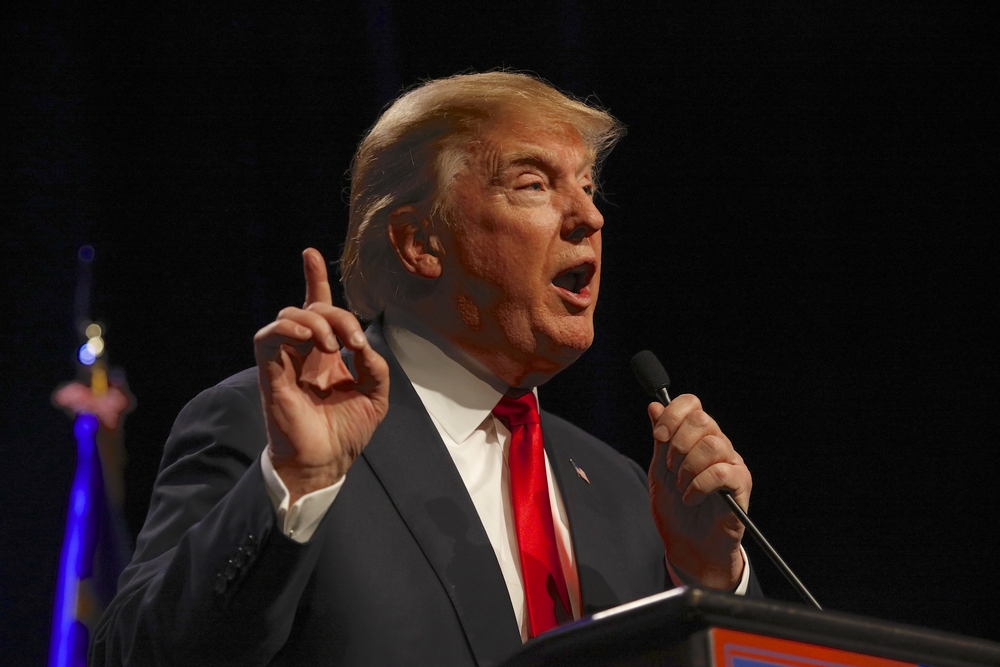
WASHINGTON — President Donald Trump and other leaders of the world’s most industrialized nations will open their annual G-7 summit over the weekend by discussing the global economy.
White House officials said Thursday that the session was added to Sunday’s schedule at the last minute at Trump’s request.
Trump insists the U.S. economy is strong despite fears that a recession may be on the horizon. At the same time, global economic growth has slowed due to weakness in Germany, Europe’s largest economy, and a pronounced slowdown in China, the world’s second-largest economy, as it remains locked in a tense trade standoff with the U.S.
The dour global outlook is partly a reflection of Trump’s combative approach to trade with China and other nations he has hit or threatened to hit with tariffs.
Trump and the six other leaders of the Group of Seven nations will begin meeting Saturday for three days in the southwestern French resort town of Biarritz. France holds the 2019 presidency of the G-7, which also includes Britain, Canada, Germany, Italy and Japan.
Leaders are to meet at an informal dinner Saturday, where they are expected to discuss foreign policy and security issues before more formal working sessions Sunday and Monday.
Trump is also scheduled to meet on the sidelines of the summit with several world leaders, including French President Emmanuel Macron, Japanese Prime Minister Shinzo Abe, Indian Prime Minister Narendra Modi, German Chancellor Angela Merkel and Canadian Prime Minister Justin Trudeau.
Boris Johnson, Britain’s new prime minister, will also have his first face-to-face meeting with Trump, a personal friend, since taking office a few weeks ago.
Trump also plans to raise the issue of a landmark tax France is imposing on major tech companies like Google and Facebook despite Trump’s threats of retaliatory tariffs on French wine. The French government has said the tax is meant as a temporary measure pending the conclusion of negotiations on an international deal France wants to work out with the U.S.
The tax is designed to keep multinational corporations from avoiding taxes by setting up European headquarters in low-tax European countries. Currently, companies such as Google, Amazon, Facebook, Apple, Airbnb and Uber pay very little tax on their significant business in countries like France.
The Trump administration says the tax is discriminatory against U.S. business.